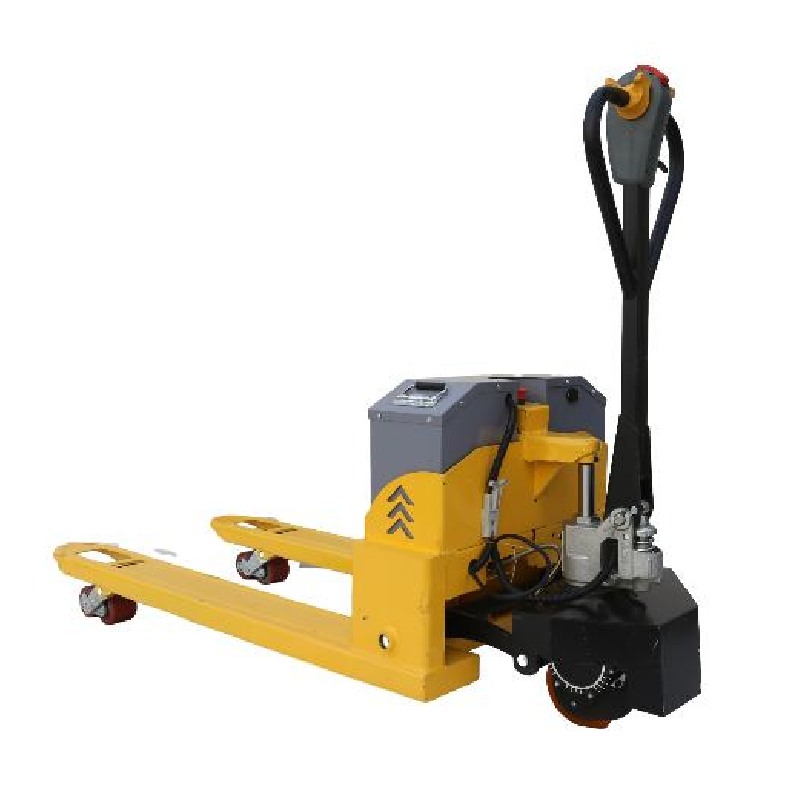


The Price and Value of a 3-Ton Chain Block An In-Depth Analysis
A 3-ton chain block, also known as a chain hoist, is an essential piece of equipment in various industries, including construction, manufacturing, and shipping. Its primary function is to lift heavy loads with ease and precision, making it a critical tool in material handling. One of the most pressing questions for both consumers and business operators is what is the current price of a 3-ton chain block, and what factors influence this price?
Understanding the Basics
Before diving into the pricing aspect, it’s essential to understand the basic features of a 3-ton chain block. These devices are robust and designed to lift loads up to 3 tons (or approximately 6,000 pounds). Typically, a chain block consists of a hand chain, a load chain, a hook, a gear mechanism, and a casing. The construction of these components is pivotal because they must withstand significant forces while offering safety and reliability.
Pricing Factors
The price of a 3-ton chain block can vary significantly based on several factors
1. Quality and Brand Renowned brands often command higher prices due to their reputation for quality and reliability. High-quality chain blocks may use better materials, which can lead to higher initial costs but potentially lower lifetime ownership costs due to durability.
2. Material and Construction Chain blocks made from high-grade steel or featuring corrosion-resistant coatings generally cost more. The design, whether it is manual or electric, can also influence the price. Electric chain blocks, for instance, usually have a higher upfront cost due to their more complex mechanics.

3. Safety Features Chain blocks equipped with advanced safety mechanisms, such as overload protection, automatic braking systems, and safety hooks, will typically have higher price tags. Investing in these features can be crucial, as they significantly enhance user safety.
4. Market Demand Global and local demand for construction and manufacturing equipment can also impact prices. In times of economic growth, higher demand can lead to increased prices, while in a downturn, prices may drop.
5. Supplier Pricing and Location Different suppliers might set varying prices based on their distribution costs, overhead, and markup. Geographic location can also affect prices, as transportation costs and local market conditions play significant roles.
Current Pricing Trends
As of the latest reports in 2023, the prices for a standard 3-ton chain block generally range from $100 to $500, depending on the aforementioned factors. Manual versions are generally on the lower end of the spectrum, while electric models tend to be more expensive. However, prices can fluctuate based on market conditions, supply chain issues, and changes in raw material costs.
Conclusion
Investing in a 3-ton chain block is not merely a purchase; it’s a commitment to enhancing productivity and safety in the workplace. Buyers must weigh the initial cost against the total cost of ownership, including potential maintenance and operational expenses. Choosing the right chain block involves considering quality, brand reliability, safety features, and price competitiveness.
Before making a decision, it is advisable to conduct thorough research, compare different brands and models, and consult industry experts or experienced users. Ideally, investing a bit more upfront in a high-quality chain block can lead to significant long-term savings and safety in operations. Whether you are a contractor, a warehouse manager, or a DIY enthusiast, understanding the pricing dynamics of a 3-ton chain block will help you make informed decisions that align with your needs and budget.



